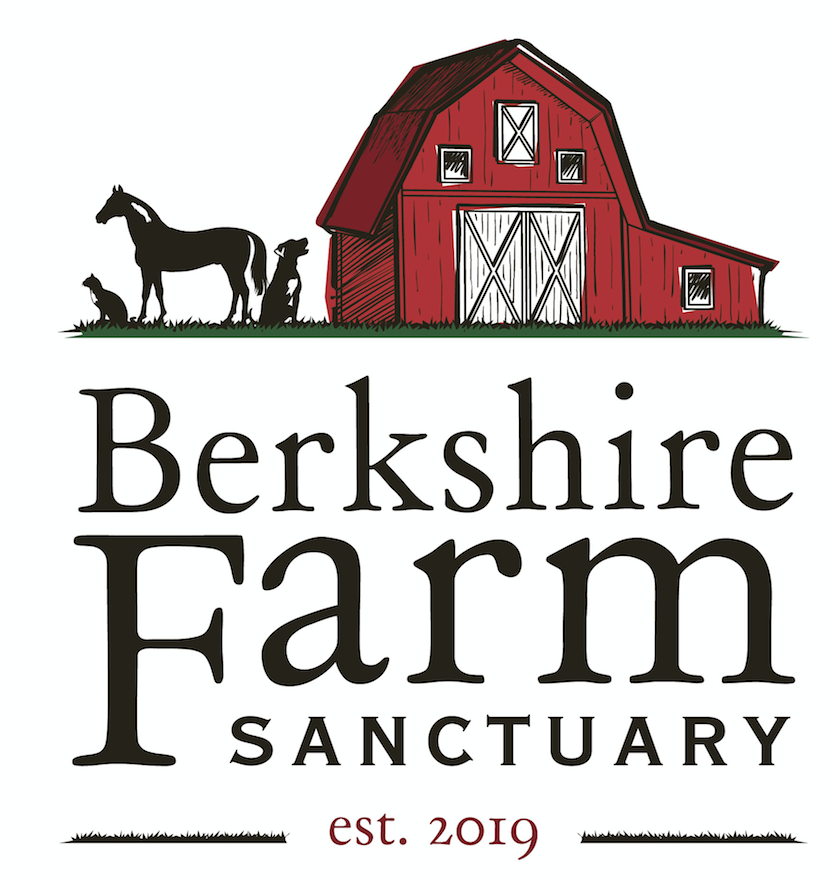Pigs!
Pigs are members of the Suidae family, which includes eight genera and 16 species, including wild boar, warthogs and pot-bellied pigs.
Archaeological evidence suggests that pigs were domesticated around 10,500 years ago in the Near East, before they arrived to Europe around 8,500 years ago.
There were over 700 million pigs worldwide, in 2021, with approximately 74.77 million pigs and hogs in the United States.
A male pig that is intact is called a boar, while a neutered male is called a Barrow. Female pigs that have not had piglets are called Gilts; and Sows if they have farrowed one litter. Baby pigs are called piglets.
A sow can give birth to a litter of 7 to 12 piglets, about twice a year. The gestation period of a sow is 115 days (3 months, 3 weeks, and 3 days).
Mother pigs sing to their babies while nursing, and newborn piglets learn their voices.
Pigs communicate constantly with one another. There have been more than 20 types of oinks, grunts, and squeals identified, which they use for different situations.
Pigs are very social and develop strong bonds with each other and other species. Pigs enjoy close contact and will lie close together when resting.
(inset; Pig Newton & Frannie Sleeping)
Pigs are omnivorous and will eat both plants and small animals. In the wild they will forage for leaves, grass, roots, fruits and flowers.
Pigs have a great sense of smell with a sensitive, but powerful, snout that can help them smell something 25 feet underground!
Pigs are highly intelligent and learn quickly. Pigs rank #4 in animal intelligence behind chimpanzees, dolphins and elephants.
Pigs are very clean animals. They go to the bathroom far from their living or eating area – even piglets that are only a few hours old will leave the nest to relieve themselves.
Pigs do not have sweat glands, so they are unable to sweat. They cool their skin by rolling in mud, which also protects their skin from the sun.
Yes! Pigs can swim. In fact, they are excellent swimmers, and they enjoy swimming. They prefer swimming in freshwaters such as lakes, rivers, swimming pools, and streams!
A mature pig has 44 teeth. Pigs have four types of teeth: incisors, canines, premolars and molars. Pigs, being omnivorous, have simple incisors (haplodont) and tuberculate premolar and molar teeth (bunodont).
Pigs have four toes on each hoof, but only walk on two toes per foot.
Pigs have an excellent sense of direction. They can often trot long distances and can reach up to 11 miles per hour running.
How you can help pigs
Pigs are sentient beings, meaning they perceive and respond to sight, hearing, touch, taste, or smell. They are fascinating with complex personalities and quirks. Pigs are highly intelligent, have long memories and have been known to save the lives of others, including their human friends.
Factory farms are the primary method of pork production. Pigs suffer immensely in these large operations, where they are denied everything that comes naturally to these sensitive animals. They live in enclosures with no stimulation and little room to move. Mother pigs (sows) are forced to live in crates so small they are unable to turn around or lie comfortably, while piglets endure painful tail docking and castration without anesthetic. Pigs raised in factory farms for meat only live six months, whereas when allowed to live out their natural lives, they live 15-20 years.
What can you do for pigs?
Ask questions, read and do research and educate yourself and others. Learn more about factory farming, gestation crates, housing, etc., and the legislation designed to enforce better treatment of pigs in these now-cruel operations. If you haven’t ever been around a pig, visit a sanctuary and meet and learn more about them and experience their unique personalities. Substitute plant-based bacon, ham, hotdogs. Sausage for pork products. If you or your family do eat pork, get it from a local farm where they are treated more humanely. Get involved and show your compassion for pigs by making the world a better place for these social, playful, intelligent, and affectionate creatures.
Meet our pigs! Frannie , Pig Newton , Corky , Patch , Milady






